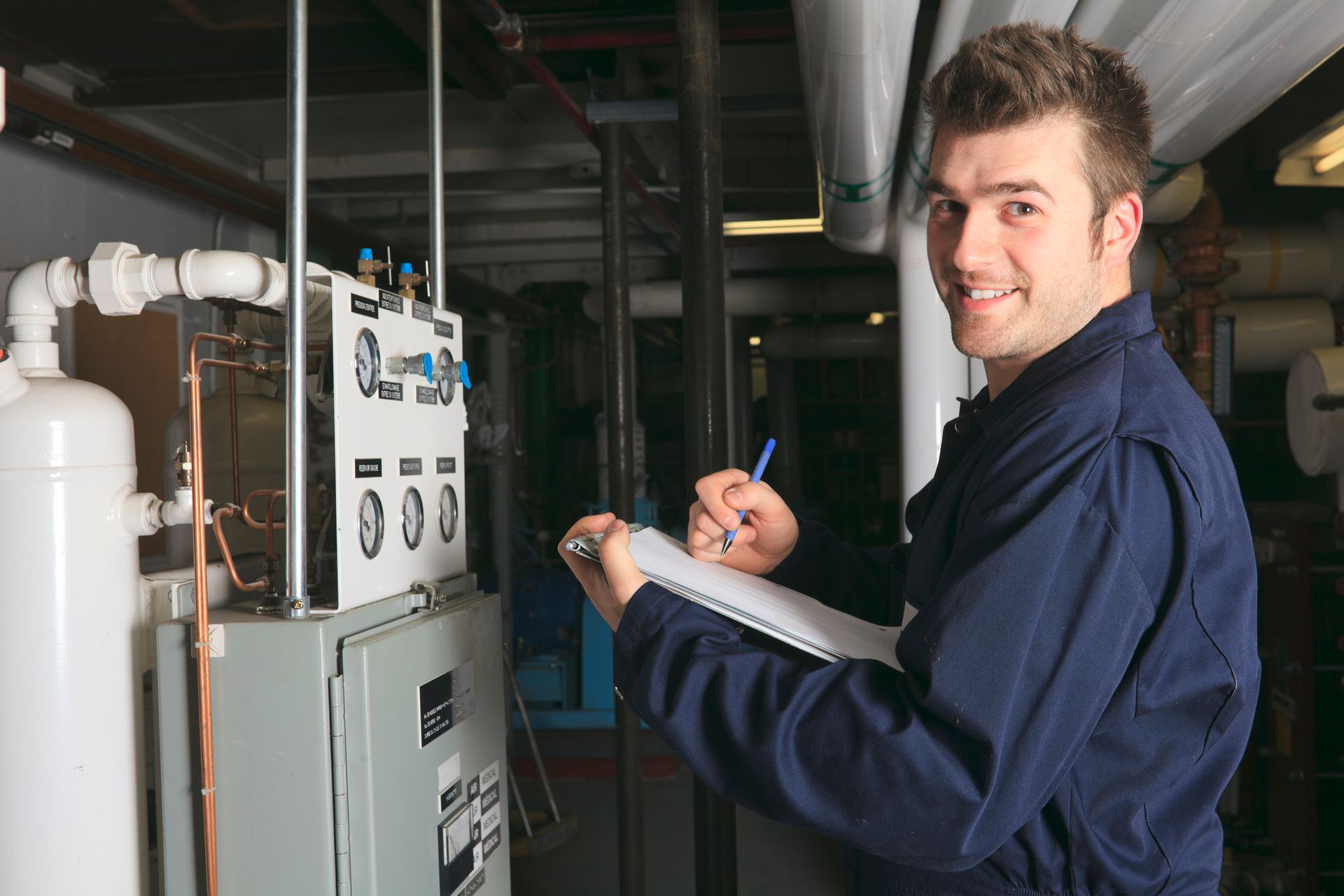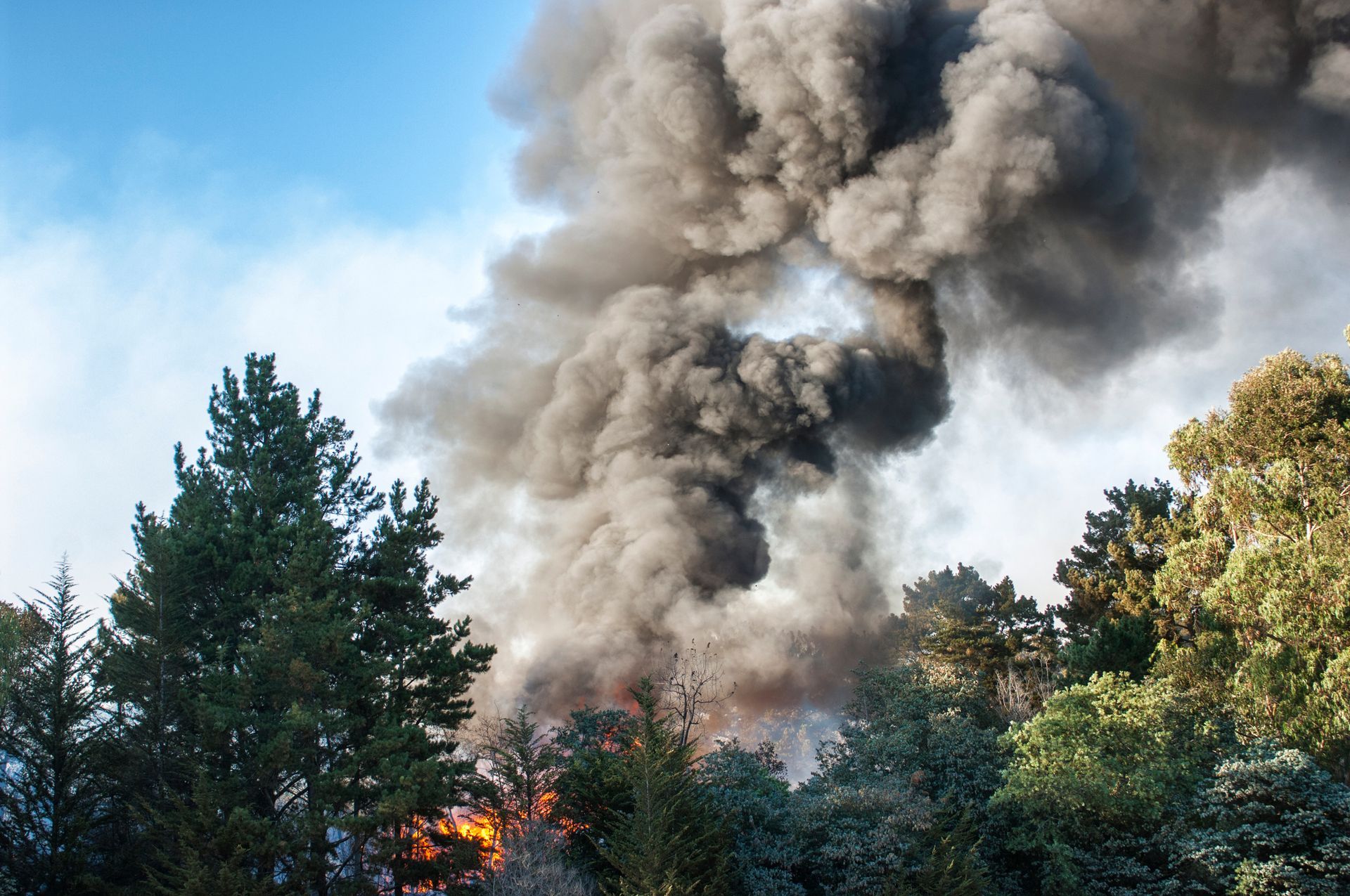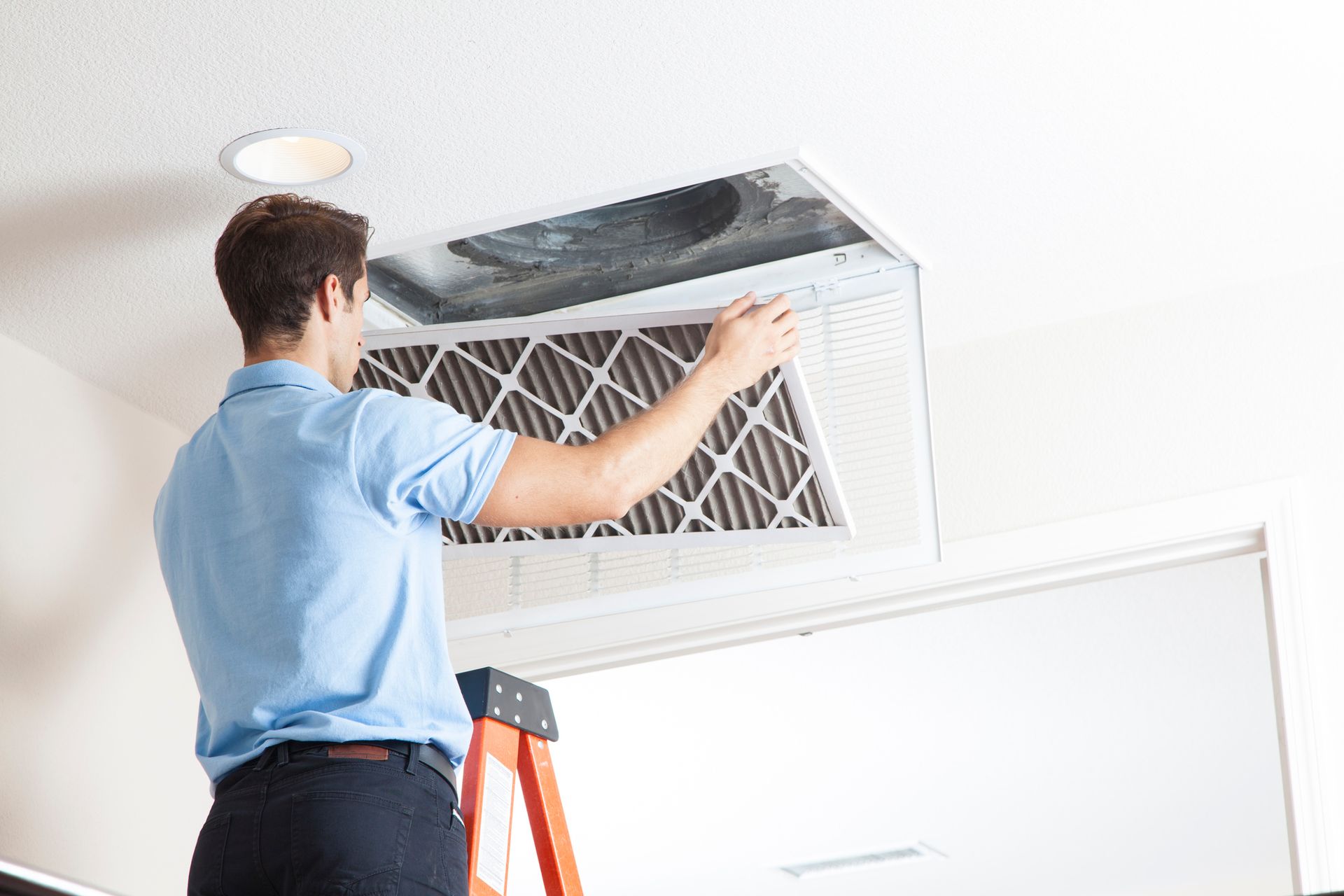Is Your HVAC System Ready for a Portland Summer?
When daylight stretches into longer, warmer afternoons, it often pays to check your air conditioner before June’s heat sets in. A speedy check-up now, such as cleaning coils, replacing filters, and tightening connections, can have your system operating efficiently even before the temperatures rise.
Key Signs You Might Need to Look For
Watch for these signs and issues, and schedule Portland, OR, air conditioning service before summer to make sure your HVAC is ready when the heat hits:
Spikes in Your Power Bill
Watch your energy statement for sudden jumps. If costs climb while you haven’t changed settings, your HVAC is working harder than it should. Clogged filters, grimy coils, or low refrigerant force the system to push more (and that extra effort appears on your bill).
Musty Smells and Weak Airflow
In the same vein, check for weak airflow or hot spots as soon as the AC starts. If a musty smell drifts from the vents, mold has likely taken hold, or the drain line has backed up.
Each of these clues points to a hidden problem, such as blocked vents, microbial growth, or water buildup, that needs sorting out.
Blocked Outdoor Coils
When you head outdoors, give the condenser a close look. Leaves, dirt, and moss often collect around the coils and block airflow. Portland’s damp air can speed up rust and corrosion on metal parts.
Thermostat Readings Seem Off
Test the thermostat’s accuracy. When the room never matches the number on the display, or button presses don’t trigger a response, the sensor may need recalibration.
Months of winter cycling can knock it out of sync. A properly set thermostat keeps the AC from running overtime.
Puddles by the Unit
Watch for damp spots or puddles around the unit. A blocked condensate line often backs up and sends water onto the floor. That moisture can ruin drywall or flooring over time. Clearing the drain now stops leaks before summer demands push the system harder.
Book Your Portland, OR, Air Conditioning Service Before Summer for Smooth Cooling
Portland’s spring air typically carries pollen and dust straight into your vents. Left unchecked, that buildup can force the unit to work harder, which risks a breakdown when you need cool air most.



















